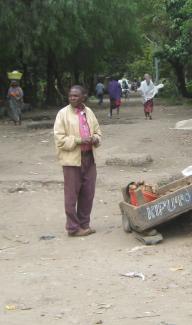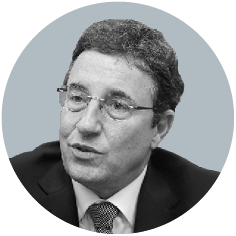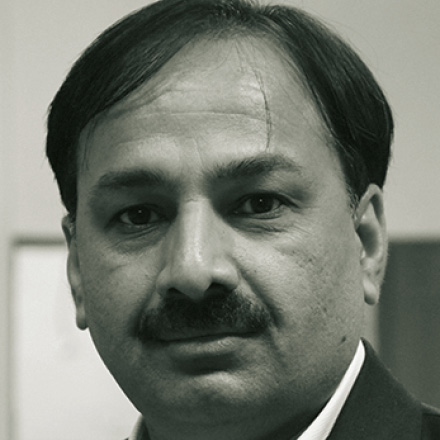Deprivation
Urban poverty
 Dembowski
Dembowski
Many urban people work in the informal sector or do menial jobs. Their incomes are low, unreliable and often affected by crises, Cecilia Tacoli of the IIED writes in her publication. The people concerned were particularly hard hit when prices for food, fuel and transportation rose sharply in 2007 and 2008.
Urban households typically spend about half of their income on food. According to Tacoli, research in 11 cities in Southern Africa has shown that four of five households do not always get enough to eat. When incomes go down, the consequences are serious. To make do with less money, people reduce spending on food quantity and quality, the expert writes. She adds that health problems become more likely since people work harder in such times. Women in particular are said to suffer need. The reason is that they prioritise their children’s welfare over their own.
Tacoli points out that slum dwellers often have very little space. They lack places for storing and cooking food, which is why they cannot take advantage of low prices in the harvest season by buying long-term supplies. Tacoli appreciates the usefulness of small fast-food businesses since they allow women to make some money and take care of their children at the same time. Their clients, moreover, benefit from the opportunity to buy cheap meals, which is less costly than preparing meals of their own.
Poor water and sanitation infrastructure compounds the problems, according to Tacoli. Diarrhoea is a common occurrence. She warns, moreover, that many slums will be exposed to flooding in the future because of climate change. In such times it becomes especially difficult to procure food and prepare meals.
In urban areas and their surroundings, land is particularly valuable. Tacoli states that vegetable gardening could alleviate the fate of many poor people, but in view of rising real-estate prices, such opportunities are becoming rare exceptions. She also points out that peri-urban farms typically specialise in high-value goods such as fruit, vegetables and dairy products. Accordingly, staple foods must be procured farther way or even imported. The consequences are rising costs and poor city dwellers’ growing dependence on the world market.
The IIED expert writes that poor urban people typically support rural relatives with money, which helps the beneficiaries to cope in hard times. On the other hand, rural relatives typically supply food to urban people. Both forms of support serve food security. Tacoli points out, however, that such mutual-support systems they are neither totally reliable nor available to all people in need.
Tacoli’s conclusion is that the most important precondition for urban food security is stable incomes. Those who have enough money, she states, get the food they need. Housing and infrastructure need to be improved however, according to the scholar. She stresses that access to markets – including informal ones – is vital. If there is a market nearby, people do not face transport problems and can buy what is left at low costs shortly before closing time.
Sandra Abild



